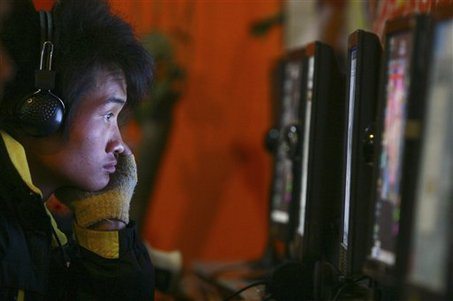As Iran’s nuclear plant attack and Chinese-based hackers attacking Morgan Stanley demonstrate how the Internet can wreak havoc on business and governments, a new paper by a fellow at Rice University’s Baker Institute for Public Policy hypothesizes what an all-out cyberwar between the U.S. and China might look like.
To date, the cyberattacks in East Asia have been relatively benign, said Christopher Bronk, author of “Blown to Bits: China’s War in Cyberspace, August-September 2020,” published this month in the U.S. Air Force journal Strategic Studies Quarterly.
Bronk is a fellow in information technology policy at the Baker Institute and a former U.S. State Department diplomat.
“Web pages are defaced, allegations of espionage are leveled and, generally, a status quo of sorts is maintained. The threat politics of the cyberdomain, however, do not stand still,” Bronk said.
“China has been deeply impressed by U.S. information dominance since the 1991 Gulf War. China has produced a considerable literature of strategic studies for cyberoperations while developing a national firewall system that shields the country from a considerable portion of Web content.
“The United States, too, has made strategic moves in cyberspace and is in the process of building a Department of Defense cybercommand that will manage the efforts of thousands of civilian and military ‘cyberwarriors,'” Bronk said.
With an increasing number of countries around the globe developing military cybercapabilities, Bronk chose to consider how a conflict with major cybercomponents might appear.
“Basically, many in the information-security community have been saying either, ‘We’re in a cyberwar with China’ or ‘It’s time to prepare for a cyberwar with China.’
The points I’m trying to make are, first, that cyberwar is not a substitute for real warfare but instead may be a component of conventional or unconventional military action, and second, that there’s a great deal of very conventional thinking on this very unconventional topic.”
[Download not found]










